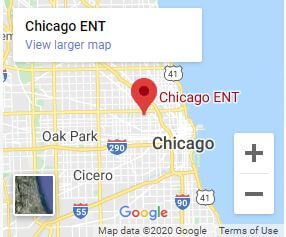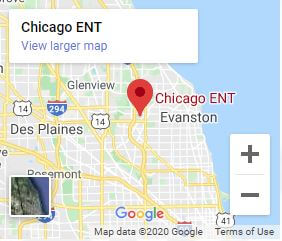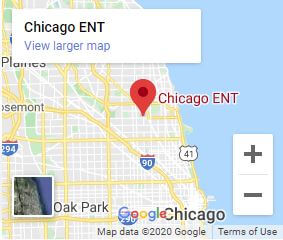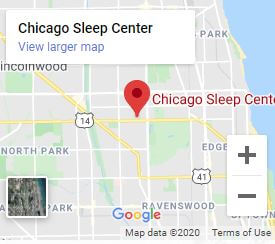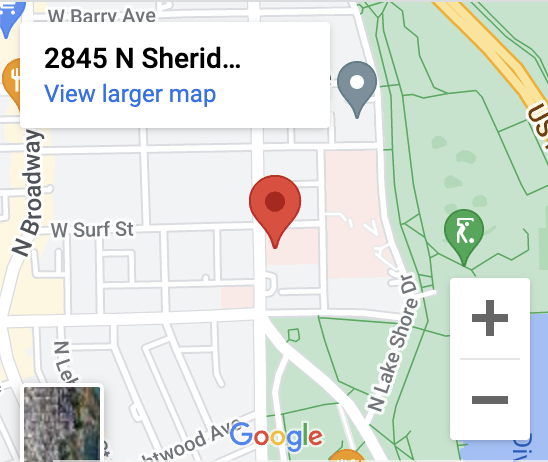Does it seem like you no longer have the same energy levels? Are you always tired, no matter what you do?
You might ignore constant fatigue since everyone gets exhausted at some point, especially after a long day. But relapsing exhaustion could indicate needing to see a doctor to help determine what’s causing your tiredness.
Keep reading to learn more about extreme fatigue, its symptoms, possible causes, and if constant fatigue is something worth worrying about.
What is Constant Fatigue?
Recurring fatigue is persistent, ongoing exhaustion that’s limiting. With constant fatigue, you may wake up every morning feeling tired no matter how long you sleep.
Feeling like you are always tired can affect your productivity at work and make it difficult to perform simple, everyday activities. It can be quite distressing if you notice you feel drained more often than not.
Constant fatigue can affect your mood, making you feel depressed or irritable. You may also find yourself unintentionally falling asleep often during the daytime.
Moreover, lingering exhaustion might result in brain fog, which describes a lack of focus, confusion, and forgetfulness. Even the simplest tasks can feel harder than they should if you’re constantly fatigued.
Symptoms of Fatigue

Constant fatigue can lead to various mental, physical, and emotional symptoms. They include:
- Sore or aching muscles
- Dizziness
- A lack of motivation
- Feeling sleepy during the day
- Trouble concentrating
- Blurred vision
- Irritability
- Muscle weakness
- Headaches
- Slowed response time
- Impaired decision-making
- Low motivation
- Weakened immune system
- Short-term memory problems
- Gastrointestinal issues like bloating, constipation, diarrhea, or abdominal pain
The symptoms of severe fatigue normally exacerbate with exertion or even if you try to participate in activities that used to be easy.
Causes of Fatigue
Repeated exhaustion doesn’t necessarily mean it’s something serious. But in some cases, struggling with fatigue all day may be a sign of underlying health issues such as:
Allergic Rhinitis
Also called hay fever, allergic rhinitis is an allergic reaction that causes symptoms like congestion, sneezing, sore throat, and a runny nose. Chronic tiredness is also very common in patients with allergic rhinitis because its symptoms make it hard to get a good night’s sleep.
Cardiovascular Disease
If exhaustion has become an everyday part of your life, it could signal different heart problems. These problems may include heart failure, coronary artery disease, or left ventricular dysfunction.
Unusual fatigue is a distinctive sign of cardiovascular disease alongside other symptoms like rapid heartbeat, shortness of breath, swollen ankles, jaw or back pain, and feeling sweaty.
Depression

Chronic tiredness is a common sign of depression. When you’re depressed, you tend to have low energy, with symptoms like hopelessness and persistent sadness.
If you experience these symptoms while depressed, it can lead to worsening feelings of constant fatigue.
Cancer
Long-lasting exhaustion is a characteristic symptom of most types of cancers. One reason is that cancer cells typically rob normal cells of calories and essential nutrients and use them to grow.
When these cells cannot grow as they should, it can contribute to symptoms of fatigue. In addition to constant fatigue, other signs of many forms of cancer are:
- Tiredness that lasts longer than two weeks
- Fatigue that keeps coming back even after sleep or rest
- Exhaustion accompanied by weight loss
- Sleeping longer than usual
- Feeling breathless after or during an activity
- Becoming confused easily
- Having difficulty focusing
Fibromyalgia
Fibromyalgia is believed to change how your brain and spinal cord process painful signals, resulting in amplified painful sensations. Extreme fatigue is almost always present in people with fibromyalgia.
It’s also usually accompanied by widespread musculoskeletal pain, mood issues, sleep problems, and other symptoms.
Sleep Apnea

If you’re still exhausted even after sleeping, it could be sleep apnea. The most common type of sleep apnea occurs when the throat muscles relax, partially or fully blocking off your upper airway.
As a result, you can wake up as many as hundreds of times in one night. When you stop breathing, your brain signals your body to start breathing again.
Waking up repeatedly throughout the night prevents you from reaching the deep, restorative stages of the sleep cycle, which are critical in ensuring you fully rest.
You’ll notice if you cannot make it into the vital stages of REM sleep. You may notice that you lack energy and are incredibly fatigued.
Thyroid Disease
Experiencing chronic tiredness even after eight or more hours of sleep and struggling to keep awake during the day could mean that you have thyroid disease. A key warning sign of thyroid problems like hyperthyroidism and hypothyroidism is severe exhaustion.
An overactive thyroid causes hyperthyroidism. Having an overactive thyroid accelerates your metabolism and disrupts your body functions.
In addition to long-lasting tiredness, you may also experience increased appetite, weight loss, and a fast heartbeat when you have hyperthyroidism.
Hypothyroidism happens when you have an underactive thyroid, drastically slowing your metabolism. Other signs of hypothyroidism include hair loss, dry skin, and weight gain.
Chronic Sinusitis

Severe tiredness is often listed as one of the primary symptoms of chronic sinusitis. You may have a chronic sinus infection if you feel exhausted quickly or sluggish instead of rested in the morning.
The symptoms of chronic sinusitis last for at least 12 weeks and include constant fatigue with a sore throat, cough, nasal congestion, frontal headaches, facial pressure, and other symptoms.

Get Help for Your Recurring Fatigue
It may be hard to pinpoint on your own what’s causing constant fatigue, particularly if you don’t have a cold or the flu. That’s why the trusted ENT specialists at Chicago ENT are here to help.
If you find that you’re constantly fatigued, something may not be right. Schedule an appointment at Chicago ENT at one of our five convenient locations today!











